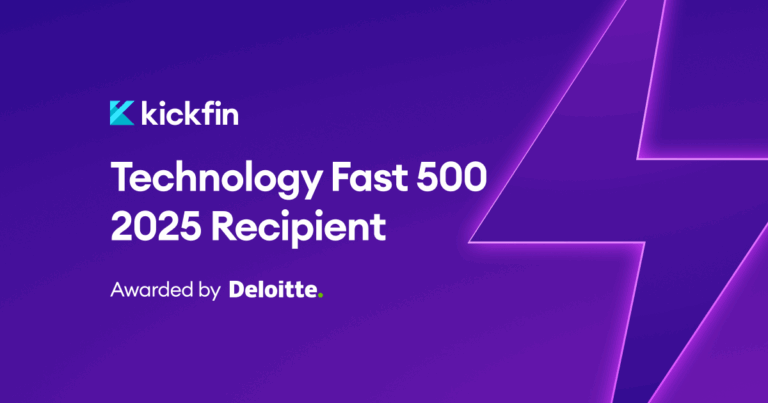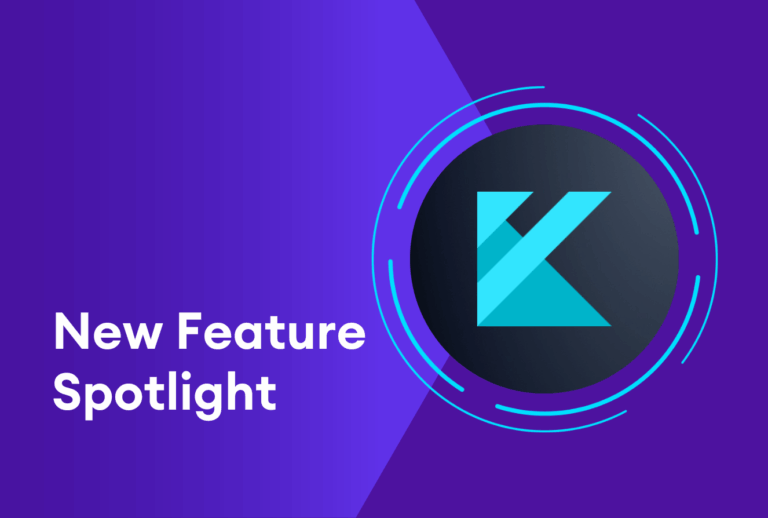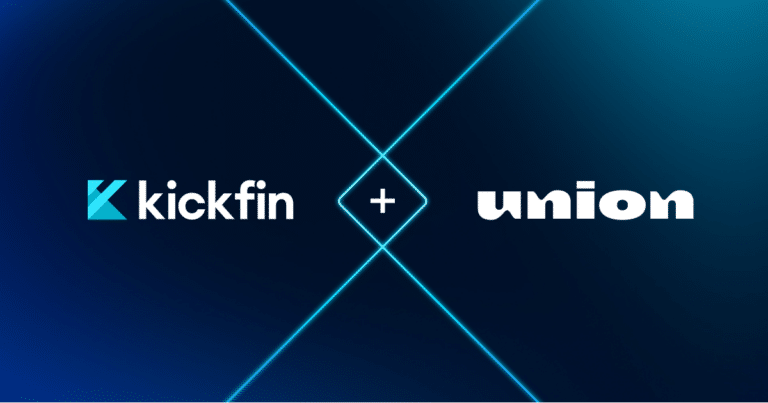How can restaurant operators use tech to stay on top of their accounting? Ask Kevin and Eric.
At Kickfin, we know the right technology helps restaurants run more efficiently — and makes operators’ jobs easier. But if you know, you know: restaurant accounting can be a beast. So we connected with MarginEdge’s Kevin O’Nell (SVP of Payments and Partnerships) and Eric Jeffay (Senior Partnership Manager) to talk about the specific accounting challenges restaurant owners face, and how tech is solving them.
What makes restaurant accounting different from other businesses?
Kevin O’Nell: I think two things stand out when it comes to accounting at a high level. First, most restaurants are structured on 4-5-4 accounting, which is unique from other small businesses and not necessarily supported in QuickBooks Desktop as well as restaurant owners would like it to be.
The second thing: A lot of owners own multiple locations, so they probably run accounting across those locations. Perhaps those locations have different ownership groups, so then when they report out earnings and dividends, they have to account for that as well.
What are some common accounting mistakes restaurant owners make?
Kevin O’Nell: The mistakes someone would make are not unique to the restaurant industry. For example — any growing entrepreneur will see accounting become more and more important as you grow and become profitable.
Sometimes, in the beginning, it’s not always the highest priority. Surely building a business, hiring the right people, putting the right processes in place, and growing sales matters, but as an organization expands and as there are more stakeholders, then all of a sudden accounting really matters.
Many people start off with their accountant as themselves, their spouse, or someone in their family. But at some point, outsourcing or hiring a professional becomes an important piece of growing their business.
Eric Jeffay: Restaurant owners very often are not traditional business people. They don’t have offices and desks, and it’s easy to fall behind on your data entry when you’re doing accounting as a restaurant operator. So they should be aware that accounting is not something that happens on the last day of the period —and certainly not at the end of the year. That’s not the time to do your data entry.
And it’s a fairly common mistake to think accounting is not a daily process. But at the end of the day, somebody has to do the data entry on a somewhat daily basis, whether it’s a software or the restaurant operator themselves.
How does tipping play into restaurant accounting?
Eric Jeffay: I’m sure you guys know this at Kickfin — but tips are liabilities, not assets. It’s important to make sure you have those funds set aside. You’re not realizing those funds, or if you are, you have to be really careful you do pay those out in full. It’s really the same as sales tax. It’s not your money.
How can tech ease the burden of accounting?
Kevin O’Nell: No one wants to have to stay and do accounting either at two o’clock in the morning after a restaurant closes or all day on Sunday morning instead of spending time with their family.
With technology like MarginEdge, QuickBooks, and Kickfin, we are allowing restaurant owners to easily digitize those transactions and that information in a way that just wasn’t possible five or 10 years ago. And so all of the paper processing that you would have done now is in a digital format that saves people tons and tons of time.
Eric Jeffay: I think Kevin is spot on. You just have to realize a lot of accounting reporting is not meant to be actionable on a day-to-day basis or a week-to-week basis. Tech can really translate a lot of those like end-of-period reports into more flash reporting where you can get more actionable data, so you’re not waiting until the 15th of the month to figure out what happened the previous month or period.

“Tech can really translate a lot of those like end-of-period reports into more flash reporting where you can get more actionable data, so you’re not waiting until the 15th of the month to figure out what happened the previous month or period.”
Are restaurants automating their accounting?
Kevin O’Nell: The main way restaurants are automating their accounting is in the data entry. You used to manually enter that data, but now there are a number of tools, including MarginEdge, that do it automatically.
For one, we’re seeing that automation is moving sales from their point of sale system into accounting software. You’re also seeing it in payroll – which is a large expense for restaurants – it can now be pulled into your accounting software on nearly a real-time basis. And, of course, receivables (like food and other orders) can be pulled into their accounting software digitally as well.
Eric Jeffay: Yes and all that data entry is super important. I also want to mention one thing — there’s absolutely a role for an accountant. Tech helps to speed up an accountant’s work to get you more actionable insights faster and to make it more efficient, but there’s 100% still a need for the accountant. Tech is a tool in their belt, but it’s not nearly at the level of replacement.

“Tech helps to speed up an accountant’s work to get you more actionable insights faster and to make it more efficient, but there’s 100% still a need for the accountant. Tech is a tool in their belt…”
What are the advantages of outsourcing your accounting?
Eric Jeffay: The advantage of outsourcing your accounting, especially if you’re a smaller restaurant or a small group of restaurants, is that you need the economy of scale to have an in-house staff accountant that you can afford to pay. So if you are smaller, if you’re growing, if you’re in an early stage, then it’s really much more cost-effective to outsource your accounting. But there are disadvantages to that. Oftentimes, I think when you outsource, you fit into that accountant’s processes and their workflow.
As you grow, the advantage to keeping your accounting in-house is you have more autonomy over accounting. That speeds up your reporting very often, and you can better customize your accounting reporting and your accounting processes if you are doing it in-house. You probably have more flexibility on what your period structure is, what your chart of account structure is, what type of flash reporting you get, and what type of tech you use.
I would also say — obviously all restaurants strive for profitability, but they do so to varying degrees and varying levels. So there are operators who have more of an economic focus on their businesses compared to others, and you probably want to shore up your weaknesses.
If you’re a chef-owner who maybe doesn’t have experience in business school – which, quite frankly, that was me – you would want to shore up by having a really strong accountant. Then you might say, “I’m going to outsource my accounting because I’m not an expert on it.” If you can’t manage an accountant or a team of accountants onsite, it might make more sense to go with experts from the outside who are going to manage themselves.
What accounting advice would you give to new restaurant owners?
Eric Jeffay: Operators often view accounting as almost a dirty word, but accounting can be a really positive thing. It’s much better to know what’s happening in terms of building a sustainable business, taking care of your staff, and making sure you’re efficient with your resources. There’s a real upside to having good accounting practices.
The other thing I would say is to get an early start on it. Make sure that you spend time on setting up systems, setting up software, and setting up processes early on that will help sustain you because it’s really easy.
Accounting is not the focus of restaurant owners and it shouldn’t be, but you should be able to have the processes on the back burner. That way you can focus on what’s happening in your dining room, what’s happening in your kitchen, and what’s happening with your marketing — the things that are sexier and more fun to spend your time on.
I think that’s where we get back into the discussion of tech being helpful. There are a lot of great programs that can make your life so much easier and more efficient by setting a lot of those things on autopilot for you.
Kevin O’Nell: When set up correctly, accounting can be a tool that allows you to spend more time with your customers and know when you’re making a dollar or losing a dollar. Set up incorrectly, it can be a complete blind spot, so it’s completely worth the time to do upfront.





